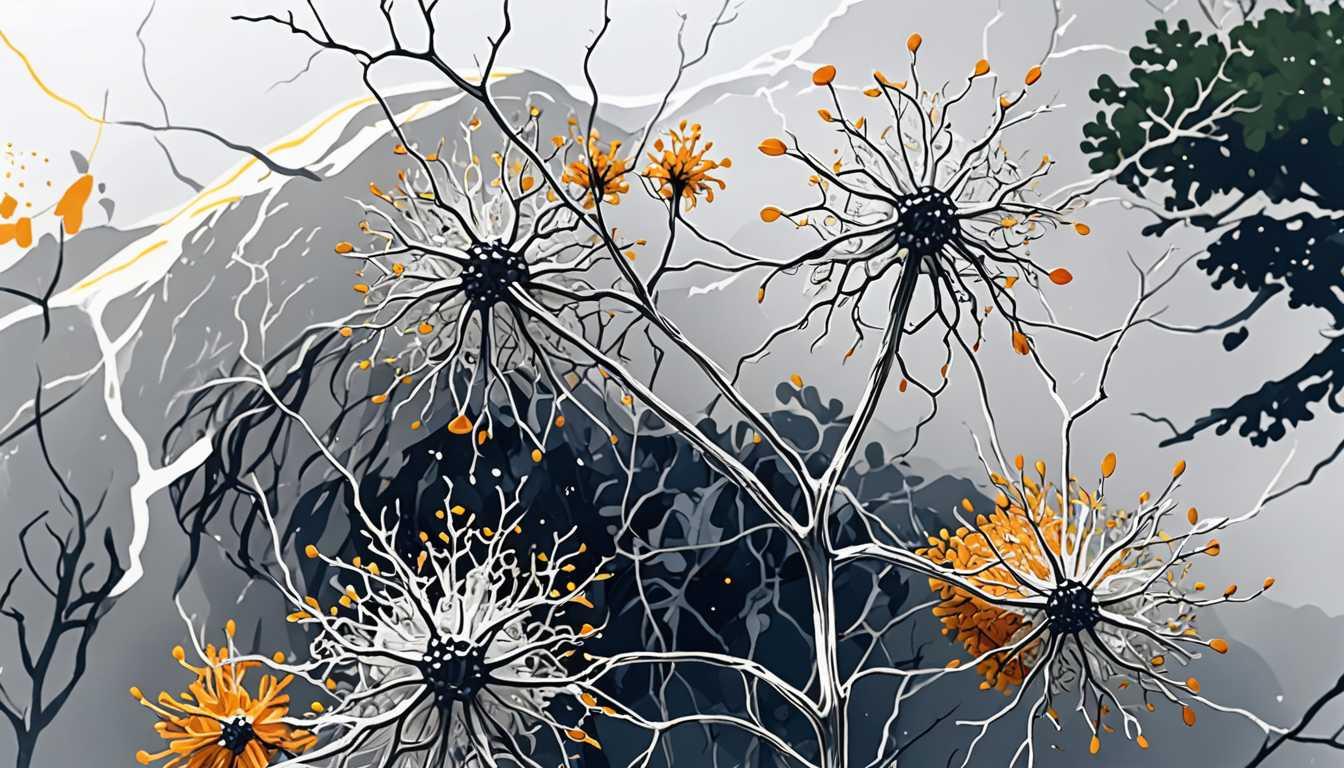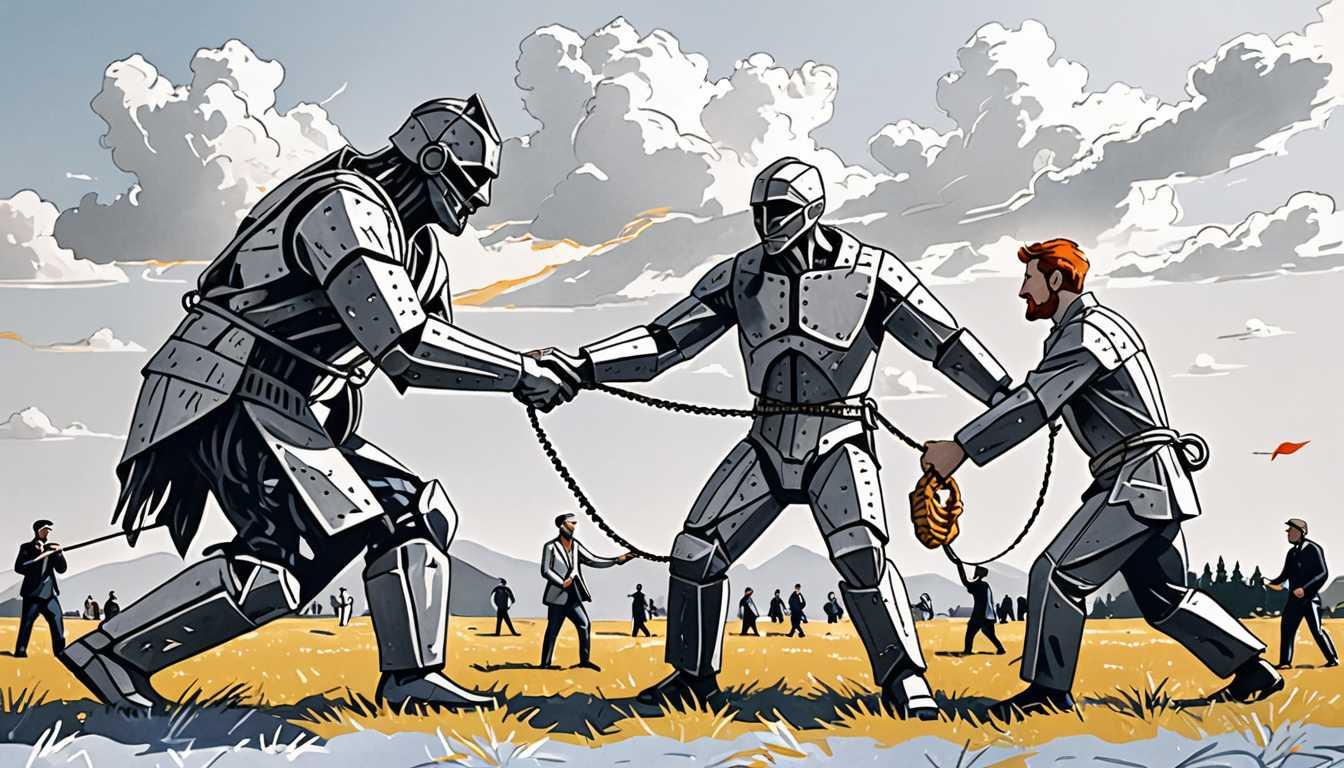Nightshade: Artists' Secret Weapon
October 2023
MIT Technology Review
Introduction
Dive into the digital revolution with MIT Technology Review's eye-opening piece on Nightshade, the game-changing tool giving artists a fighting chance against AI's content-hungry grasp. Discover how subtle pixel tweaks can turn dogs into cats and disrupt AI training, empowering creators in the face of tech giants. It's a tale of innovation, protest, and pixelated trickery that's reshaping the art world's battleground. Ready to see the art world fight back with science? This story is your front-row ticket!
READ FULL ARTICLEWhy It Matters
Discover how this topic shapes your world and future
Pixels with Purpose
Imagine a world where every time you created something unique and posted it online, it could be taken without your permission and used to train a robot to create similar things. Sounds like a sci-fi movie, right? But it's happening today with artists and AI. Artists are fighting back against tech giants using their work without consent, and a tool called Nightshade is leading the charge. This tool cleverly tweaks images so that when AI tries to learn from them, it gets confused. This battle isn't just about art; it's about anyone who shares anything online. Understanding this struggle helps you see the importance of consent and respect in the digital age. It's a fascinating glimpse into how creativity, technology, and ethics collide.
Speak like a Scholar
Generative AI
A type of artificial intelligence that can create new content, such as images or text, that it was not specifically programmed to make.
Copyright
Legal protection that gives the creator of original work exclusive rights to its use and distribution.
Data scraping
The process of extracting data from websites. In this context, it's about taking artists' works without permission.
Machine learning models
Algorithms that allow computers to learn and make decisions or predictions based on data.
Pixel manipulation
Changing the properties of pixels in an image to alter its appearance in some way.
Power asymmetry
A situation where one party has much more power or control than another. Here, it refers to the imbalance between big tech companies and individual artists.
Independent Research Ideas
Ethics of AI in art creation
Investigate the moral implications of using AI to create art, focusing on the balance between innovation and the rights of original creators.
Impact of pixel manipulation on AI accuracy
Explore how altering image pixels affects the performance of AI models, potentially leading to broader questions about AI reliability.
Copyright law evolution in the digital age
Examine how copyright laws are changing in response to new technologies like AI, and what this means for creators and users alike.
The psychology of online consent
Delve into the psychological aspects of giving consent online, especially in situations where users might not fully understand what they're agreeing to.
AI and the future of personal data security
Investigate how AI technologies could impact personal data security, with a focus on preventative measures to protect individuals' online identities.
Related Articles

Growing Smarter AI on a Budget
March 2023
Massachusetts Institute of Technology (MIT)

Dance Meets AI: The Future
April 2023
Stanford University

Nightshade: Artists' Digital Rebellion
October 2023
MIT Technology Review

AI Learns to Sidestep Toxicity
April 2024
Massachusetts Institute of Technology (MIT)

Guardians of Art: The AI Defense!
November 2024
MIT Technology Review